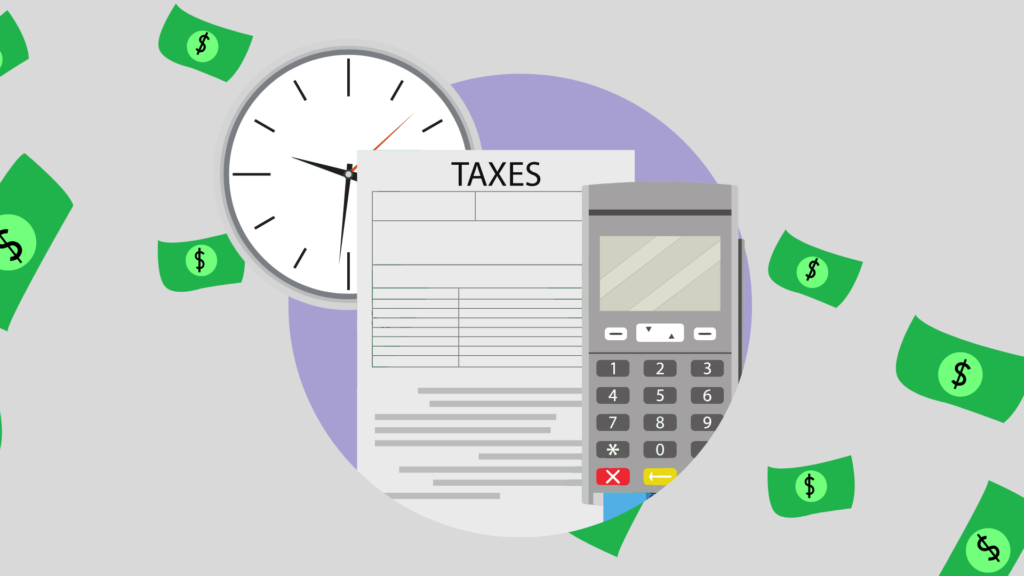In order to understand how to prepare taxes when selling on Amazon and whether you need to do it at all as a citizen of Ukraine, we interviewed our leading expert. Four questions with detailed answers (instead of a sheet of text) will help you understand all the nuances in 10 minutes.

1. Do I, as a seller of goods on the US marketplace, have to pay VAT to the Ukrainian budget?
In short, there are two options:
According to the Law “On the Provision of Digital Services to Individuals by Non-Residents” of 02.10.2020, foreign companies operating in Ukraine are obliged to pay 20% of their income to the country’s budget.
In practice, Amazon (and another equally well-known marketplace, Etsy) have shifted these payments to the end consumer, i.e. to you as a seller. Therefore, since 01.01.2022, the cost of Amazon services has increased by this 20%.
So it turns out that in fact, the money is withdrawn from the seller, but it is not your activity that is legally taxed, but the non-resident company.
2. Does this tax apply to legal entities?
First of all, this is relevant for sole proprietors of groups 1 and 2, as well as individuals.
Legal entities (including sole proprietors of group 3) can avoid paying this tax. To do this, you need to provide a VAT registration number issued in the same country where your company’s registered office is located. You can do this in your Seller Central account.
3. Do I have to submit reports to the tax authorities myself?
No. As mentioned above, the “digital tax” is levied on non-residents. This means that Amazon is responsible for payment and reporting.
You, as a seller, physically pay and report only those taxes that are relevant to your form of business.
4. Does this mean that Amazon takes 20% of the seller’s profit?
No. This is NOT a sales tax. It is charged on the amount of the cost of services provided by the marketplace: subscription fees, commissions, advertising fees, etc.
For example, the total sales in the reporting month were $30,000. Advertising fees, FBA selling fees, etc. were charged to you for $7,100. An additional 20% of $7,100 is $1440, not $6000 (the calculation does not correlate with the amount of total income).
It is important to understand that we have analysed only a small part of the vast topic of taxation of sellers on the famous marketplace.
For example, if you want to export goods to Europe, you will face the need to pay VAT (analogous to the Ukrainian VAT). Amazon doesn’t add it to the price of goods, so you won’t be able to pay VAT automatically. The seller must prepare and submit reports on their own, which naturally involves certain difficulties.
In addition, it is important to be aware of US Sales Tax, which, fortunately, is automatic on Amazon. Sales of goods in the US are subject to a “consumer” tax. That is, it is paid by your customers when they make a purchase. Sales Tax varies from state to state and can be as high as 7.25% (California) or as low as 0%, as in Alaska, Delaware, or Montana.
You can start a successful business on Amazon from anywhere in the world. However, sometimes, depending on the chosen model, strategy, and product, it is advisable to register a company outside your actual country of residence.
We offer free legal advice on this issue. Contact a Nexus specialist to find out how to minimise tax rates, resolve controversial issues or register a company in the EU or the US from scratch.